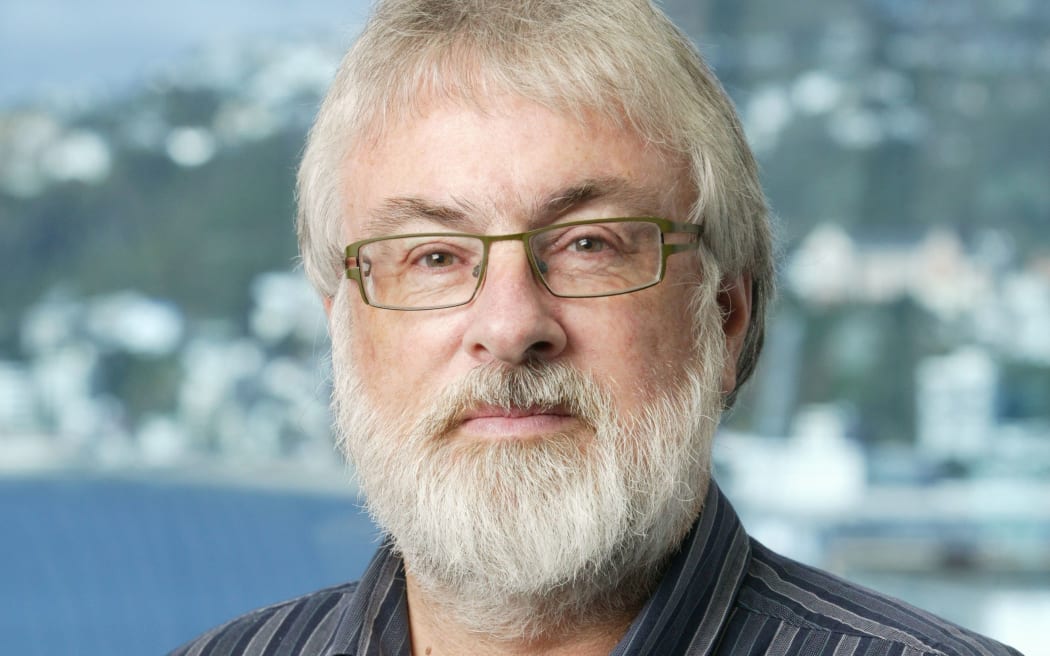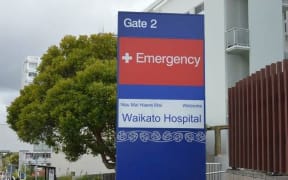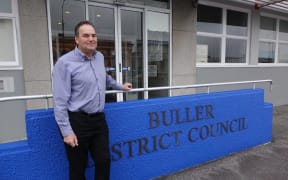The high-profile head of the senior doctors' union is to resign at the end of next year.

Association of Salaried Medical Specialists Executive Director Ian Powell. Photo: Supplied
Association of Salaried Medical Specialists (ASMS) executive director Ian Powell has led the union since its formation in 1989, including at-times contentious collective bargaining with district health boards.
He told doctors and dentists today he intends to leave late next year. He's only required to give three-months' notice but wanted a good transition and time for the right replacement to be found.
He said that was important given his role in leading collective bargaining for the union's nearly 5000 members - something he said his counterparts in other unions did not generally do.
"Nor do they have the same involvement as me in local activities such as the joint consultation committees, which we have in each of the DHBs."
Mr Powell said the ASMS had 1200 members when he took on the job without a background in health.
"Nearly 30 years later, we have nearly 5000 members and employ 17 permanent staff. This includes a team of seven industrial officers, as well as staff specialised in health policy, research and communications"
Before the ASMS, he worked for the primary teachers' union, the NZEI, as an industrial officer, the New Zealand School Committees Federation (the forerunner to the School Trustees Association), the University Students Association, and as a taxi driver in Christchurch in the late 1970s.
He said the "unionism brief" in the current job was far broader than "pay and rations" alone and and included "the values of accessible, quality public health services."
Mr Powell told RNZ he has come in for his share of criticism and attacks in the job.
"It's fair to say that I've probably annoyed a lot of people over the years in different parts of my role".
Asked if he's come in for personal abuse or so-called "dirty tricks", he replied: "Oh yes. Generally our relationships with the district health boards and other employers is a respectful one, but there have been occasions where there has been some foul play.
"You've just got to suck it up really."
Asked to elaborate, he would only say: "Private discrediting behind the scenes, fairly gutless sort of stuff.
"Name calling, but it's not the norm, I've got to really emphasise that, it's not the norm."
Mr Powell said there have been highlights and disappointments. The former included establishing and maintaining a "high density" of union membership among professionals not normally associated with unions. It meant about 90 percent of senior doctors and dentists who were permanently employed in public hospitals and the 20 DHBs were union members.
"Although I would have liked to achieve more, I think we have a national collective agreement that not simply on the pay and rations, if you like, but also on the broad rights of senior doctors, including the right to participate in public debate and dialogue, the right to put the rights of patients ... the responsibilities of their patients ahead of their responsibility to their employer where there's a conflict."
He said these aspects went to the core of the role of these workers in the health system.
But there were disappointments as well, one of which concerned the privatisation of some public hospital labs, including at Wellington's Capital and Coast and Hutt Valley DHBs in 2015.
"I'm encouraged by the position of the new minister, David Clark, but we have had some very bad decisions made that we've fought hard on but not succeeded to stop, privatising a critical part of hospital clinical decision-making."





